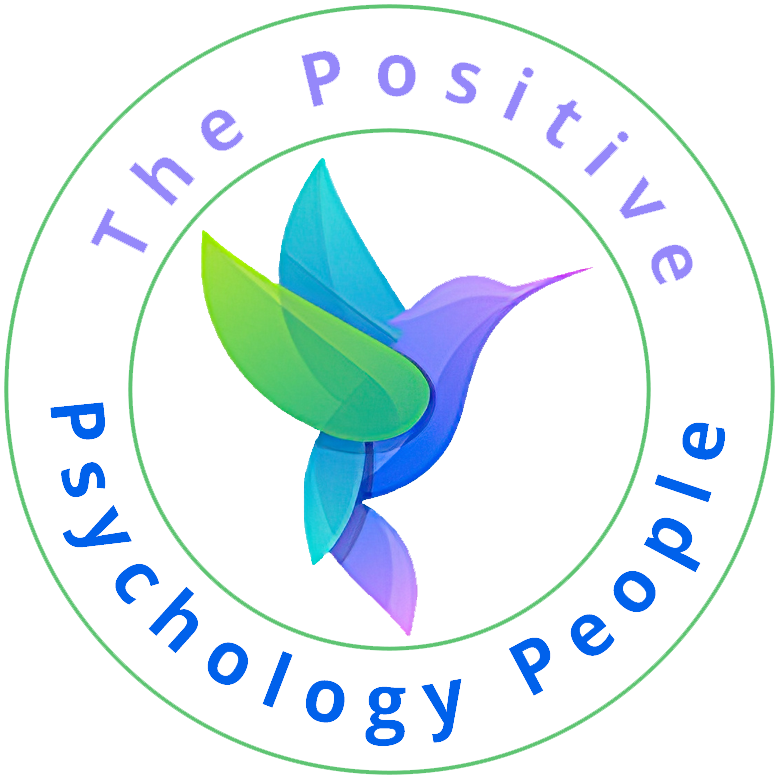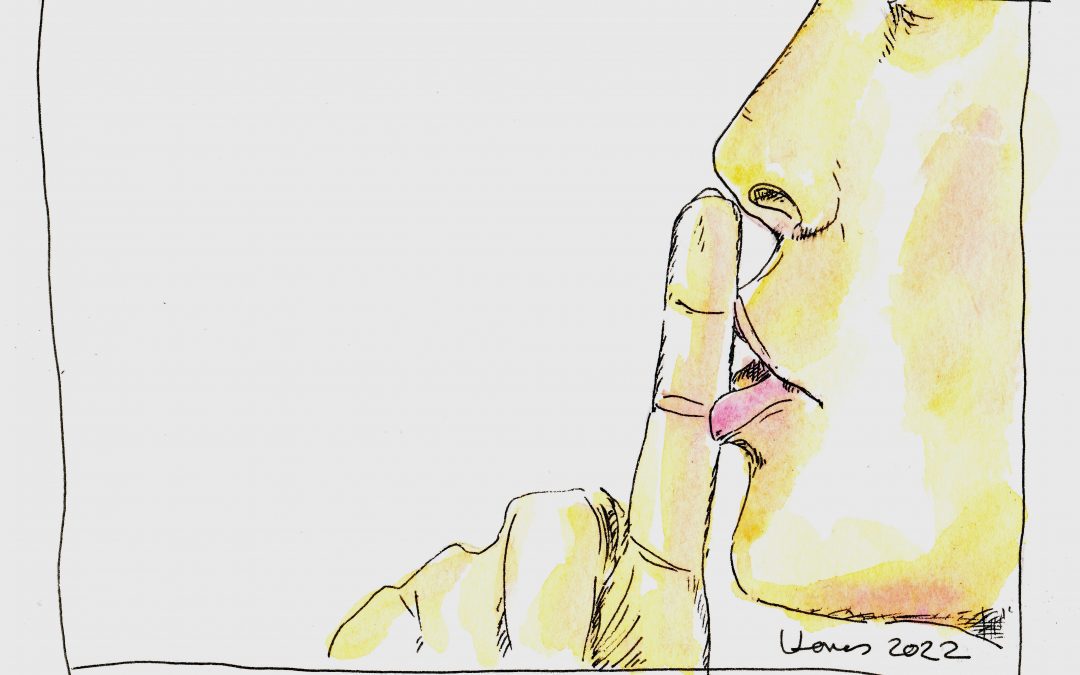
by Lisa Jones | November, 2022 | Lisa Jones, Mental Health
“The more space we give to stillness and silence, the more we have to give both to ourselves and to others” – Thich Nhat Hahn “A poor life this if, full of care, we have no time to stand and stare” – W.H. Davies The late Thich Nhat Hahn was a wise person indeed. He could see that the world with all of its rushing and busyness was not a rewarding place. There is a significant amount of research that suggests that the way we are living our lives, with speed and urgency to achieve the next thing, to rush to the next challenge, and to have what everyone else has, is making us ill. The sociologist Harmut Rosa has recently developed a theory which proposes the metaphor of being on an escalator trying to get to the top yet the escalator is moving downwards. It is taking all of our effort just to stand still. This post is offering you an opportunity to reflect and think about your own life and where you are on the escalator. Are you running fast to stand still? Positive psychology offers us helpful guidance on how to connect rather than run. Wanting more, conquering all Rosa (2020) proposes that we are in a state of social acceleration. To be able to stand still we have to aim for more: More money, more growth, more qualifications, more technology to list just a few. For consumer businesses to stay profitable they need to continue to sell to the population. Inventing more things we don’t need, convincing us we must keep doing more and...

by Lisa Jones | June, 2022 | Lisa Jones, Loneliness, Uncategorized
There is a common view that introverts don’t like interacting too much and would rather spend time alone, whilst extroverts spend all their time socialising and hate being alone. Is this a simplistic view of these personality traits? Could there be more to understand when considering who does and does not like spending time alone? Recent research has explored self-determined motivation for solitude and a preference for solitude, including how it relates to socialising. This post contributes to the discussion by also sharing some insights from my own research into qualities of time alone in midlife and how time alone is an undervalued activity in contemporary society. The Common Myth Society has a tendency to generalise a great deal. We often forget that the variation in people is far broader than the ‘average’ that we rely on as a measure of behaviour. The concept of introverts and extroverts was first presented by Carl Gustav Jung in the early 1900s. In very simple terms, Jung differentiated the types into those who tend to engage with the outside world in an active way (extroverts) and those that were more often engaged in the internal world of reflection (introverts). However, as the concept of personality was developed it became more and more defined as those who are outgoing and sociable (extroverts) and those who are inhibited and shy (introverts). This starts to put value judgements onto the traits as through the lens of sociability. Being an introvert myself I take umbradge at this! I am a sociable person and can be quite outgoing at times. True I am not the life...
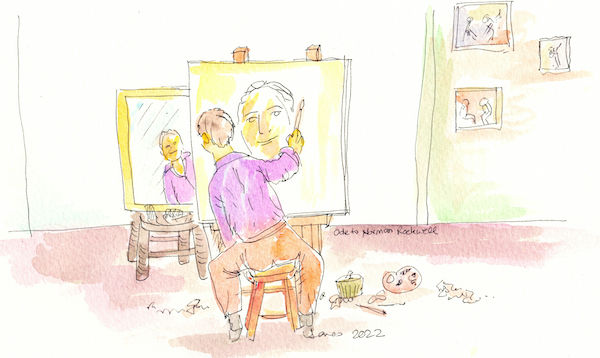
by Lisa Jones | March, 2022 | Lisa Jones, Loneliness
You may be thinking that the two words ‘together’ and ‘alone’ are an odd two words to put together. I’ve put them together for this post to emphasise the need to know ourselves and be comfortable in our own company. In today’s contemporary world we have little time to listen to our own voices. I shall use prose and poetry I have come across in my research to explain the value in taking time to connect to YOU. Contemporary Culture When I read this excerpt of a book by Thich Nhat Hanh I thought it told the story of society very well. Many of us are afraid of going home to ourselves because we don’t know how to handle the suffering inside us. That’s why we’re always reaching for more and more sense impressions to consume. – Thich Nhat Hanh, (2015) Silence: The Power of Quiet in a World Full of Noise We live in a world that is constantly talking to us, requesting our attention and our minds. Research data indicates that more and more people are self-reporting that they are depressed, anxious, or lonely. How can we be lonely when we are more connected than ever, living and existing in close proximity to everyone else? Being By Yourself We can all be by ourselves to a point. We can physically take ourselves off somewhere and be alone, or we can be absorbed in what we are doing, whether amongst people we know or strangers. For some this is easy enough, their lives allow for some time alone, or their work enables them to be focused...
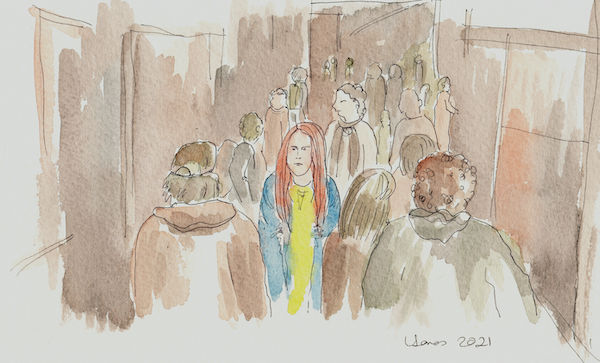
by Lisa Jones | January, 2022 | Lisa Jones, Loneliness
Are you feeling the pressure of aloneliness? How to recognise it and take action It’s the New Year and most people will have had a whirlwind of a Festive season. The level of busyness cranks up for many and there is very little time to be truly alone- even in these times. Culturally we don’t value time alone and tend to fear it, a sign that we have a problem and might feel lonely. Yet the there is often a tension between having a full life and having time to just ‘be’. This tension has been researched by Robert J. Coplan and colleagues in a concept they call ‘aloneliness’. Here I explain how this cultural narrative has resulted in so many people feeling exhausted and how we can shift the narrative and our behaviours to one that is more balanced. Aloneliness The word a-loneliness has been defined as a negative feeling that arises when a person does not have enough time alone. It is the antithesis of loneliness when someone feels too alone. Coplan refers to the paradox of solitude where we recognise the benefits of time alone, such as in meditation, but at the same time perceive being alone negatively in most areas of our lives. Being too busy and not getting enough time alone can have an impact on mental health. If you are feeling tense or your mood is low, with just too much to do, could you be feeling alonely? The need to ‘do’ We are all aware of FOMO- Fear Of Missing Out which seems to have burrowed inside us. We twitch when...
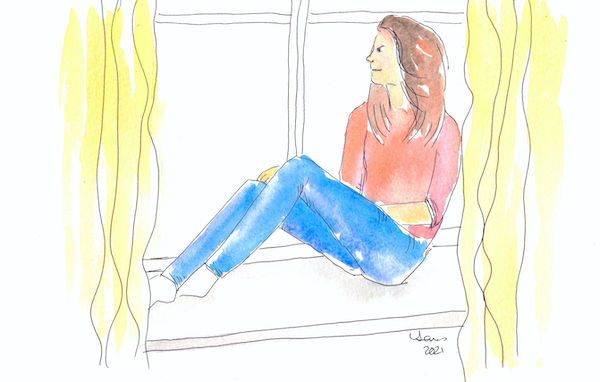
by Lisa Jones | November, 2021 | Lisa Jones, Loneliness
Really we don’t need to always be out and about having a new experience; we can create our own simply by expanding our imagination and our access to new words. In this post, I aim to show you how that can be done. As I continue my research into what it means to be or feel alone, I have noticed a complex web of aloneness which is sometimes felt as loneliness, solitude, or something in between. The reason there are so many ways to feel alone is because the way we describe how we feel depends on the context, past experiences and individual interpretation. This is why new words often enter our language, sometimes borrowed from other cultures, to describe the different ways we experience the ever-changing world. Words evoke strong emotions, and so with a new word comes a new set of emotions. Different ways of saying how you feel Etymology is the study and history of words. A dip into the origins of specific words shows a picture where a word evolves its structure and meaning through the ages. In today’s society, new words are being created more than ever, and old ones are recycled into new meanings. We don’t have to stick to our own language. Other languages often have a word that describes something we don’t have. By learning the word and its meaning it can give us access to new feelings and experiences. Take words that are very emotive, such as those that are nostalgic or mournful. Emotions are very important to us, and these types of words hold a strong embodied sense...






